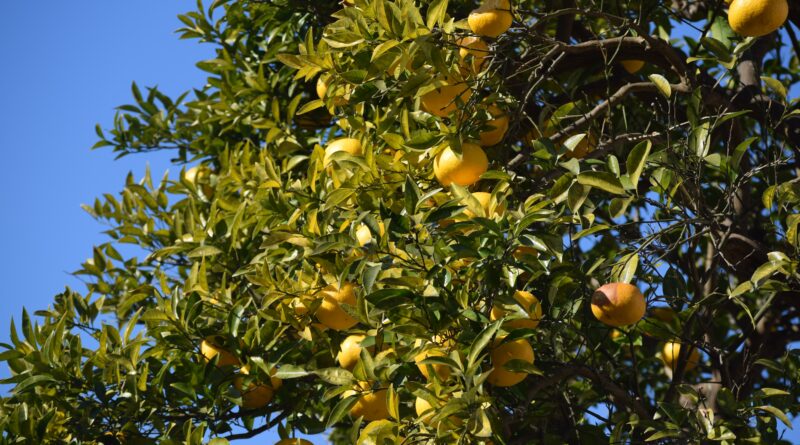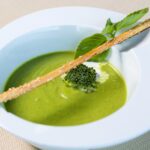Winter Solstice
Today is the winter solstice, which is marked by the shortest day and longest night of the year.
冬至
In Japan, it is said that eating pumpkins and taking yuzu-yu on the winter solstice can prevent catching cold.
今日は冬至で、1年で最も日照時間が短くなる日です。
In fact, since pumpkins contain a lot of vitamin A and carotene, they are effective in preventing cold.
日本では、冬至にはかぼちゃを食べ、柚子湯に入ると風邪をひかないと言われています。
Also, yuzu-yu means a bath that is floated some (or many) yuzu citron.
実際かぼちゃはビタミンAやカロチンが豊富で、風邪の予防に効果的です。
The yuzu-yu is effective in preventing cold, promoting blood circulation, beauty care and relaxation.
また、柚子湯とはゆずを浮かべたお風呂のことを指します。
As a hypothesis of the custom of taking yuzu-yu on the winter solstice, there is something like the following: the reason is because that the term “冬至, toji” (winter solstice) is similar to “湯治, toji” (hot spring cure), and the term “融通, yuzu”(adaptable) is similar to “柚子, yuzu”(yuzu citron).
柚子湯には血行を促進して風邪を予防したり、美肌効果やリラックス効果があります。




